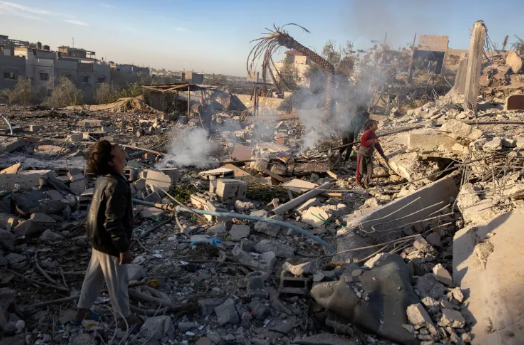August 28, 2025 | Dubai, UAE: In response to Israel attacks Syria through recent military operations, the Government of the United Arab Emirates (UAE) has expressed strong disapproval of Israel attacks Syria through it’s recent military operations conducted in Syrian territory, characterizing these actions as a significant escalation and a breach of international law. The UAE Ministry of Foreign Affairs conveyed that such undertakings pose a threat to regional peace and stability, and it called upon the international community to take immediate action.
UAE Condemns Violations of Syria’s Sovereignty
On Wednesday, August 27, 2025, the Ministry of Foreign Affairs issued an official statement condemning the airstrikes conducted by Israel as violations of Syria’s sovereignty and infringements on international legal agreements, specifically referencing the 1974 Disengagement Agreement that delineated a ceasefire line in the vicinity of the Golan Heights.
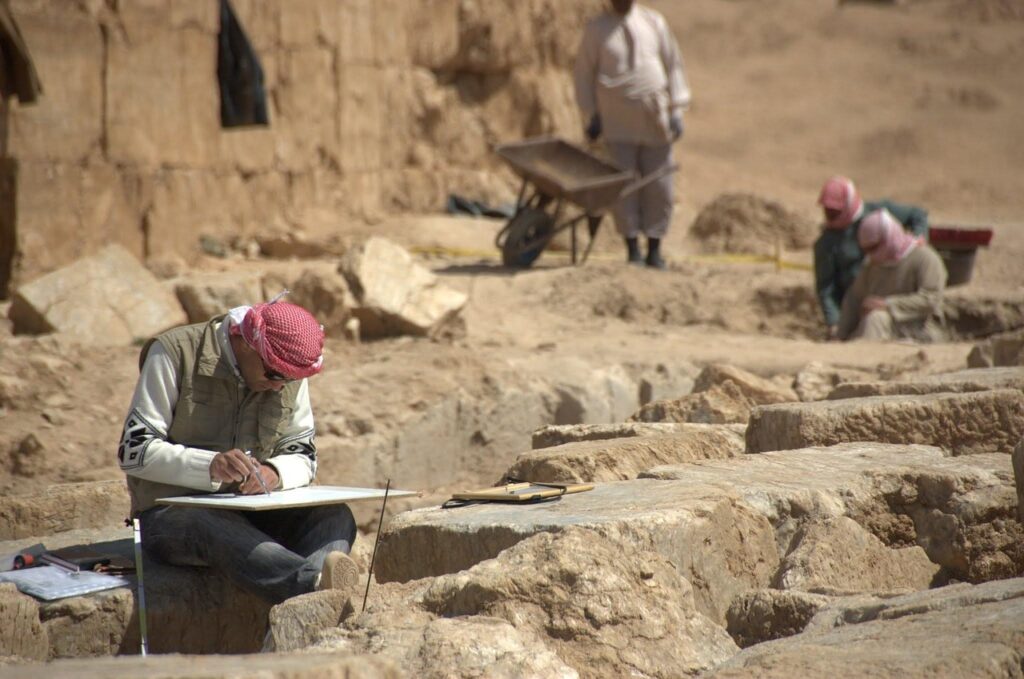
The United Arab Emirates characterized Israel attacks Syria as “unacceptable and unlawful,” reaffirming its unequivocal rejection of any actions that jeopardize the territorial integrity of Syria. Furthermore, the statement highlighted the concern that ongoing aggression could exacerbate instability throughout the Middle East.
In its statement, the UAE reaffirmed its solidarity with the Syrian people and pledged continued support for Syria’s security, stability, and development.
The Ministry stressed the importance of protecting civilians affected by ongoing conflicts in Syria, many of whom have faced years of war, displacement, and humanitarian crises.
It called for political solutions, dialogue, and respect for international law as the only viable paths to lasting peace in Syria and the broader region.
Regional and International Context
Pattern of Israel attacks Syria Strikes
The condemnation follows a series of Israel attacks Syria operations targeting Syrian locations over the past several months. Israeli officials claim the attacks target Iran-linked militant groups operating in Syria, but Syrian authorities argue they violate national sovereignty and international agreements.
The UAE has previously condemned similar attacks:
- May 2025: The UAE criticized Israeli strikes that hit civilian infrastructure near Damascus.
- February 2025: The UAE denounced Israeli air raids that killed several Syrian soldiers.
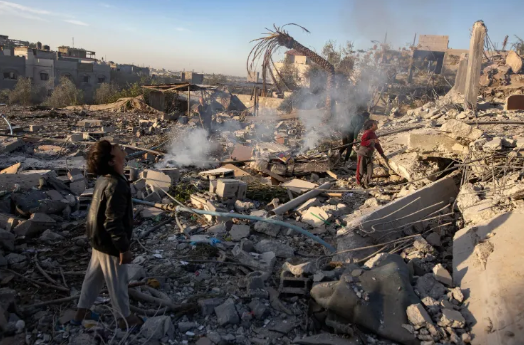
These repeated statements highlight the UAE’s consistent stance against military escalations in the region.
Arab and Regional Response
The UAE’s latest statement aligns with broader Arab opposition to Israeli actions in Syria.
- July 2025: The UAE joined ten Arab nations in a joint declaration urging the United Nations Security Council to take action against violations of Syrian sovereignty.
- Arab League: The organization has repeatedly called for adherence to international law and non-interference in the internal affairs of Arab states.
- GCC (Gulf Cooperation Council): The GCC has also described the airstrikes as a threat to regional stability and security.
This united front reflects a growing demand within the Arab world for diplomatic, not military, solutions to Middle Eastern conflicts.
International Law and the 1974 Disengagement Agreement
- Legal experts point out that Israel’s actions may breach several international statutes:
- UN Charter Article 2(4): Prohibits the use of force against the territorial integrity of another state.
- 1974 Disengagement Agreement: Signed after the Yom Kippur War to establish a ceasefire and buffer zone in the Golan Heights region.
By referencing these frameworks, the UAE underscores that its condemnation is based on established legal principles, not political rhetoric.
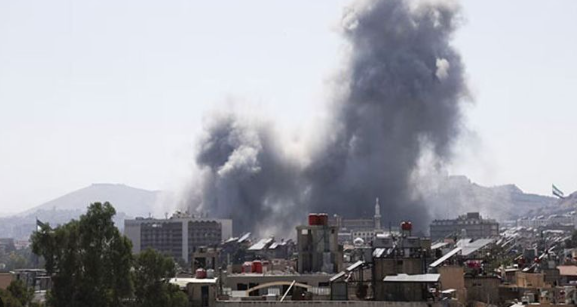
Humanitarian Concerns
Beyond legal and political implications, the UAE expressed concern over the humanitarian impact of ongoing airstrikes.
- Civilian casualties: Local reports from Syria indicate civilian deaths and injuries as a result of the latest raids.
- Infrastructure damage: Repeated strikes have destroyed homes, hospitals, and power facilities.
- Displacement: Thousands have been forced to flee affected areas, adding to Syria’s already severe refugee crisis.
The UAE has historically provided humanitarian aid to Syria, including medical supplies, food, and support for reconstruction projects.
Why the UAE’s Position Matters?
The UAE plays a significant role in regional diplomacy:
- It has diplomatic relations with Israel since 2020 under the Abraham Accords, but continues to speak out against Israel attacks Syria actions that threaten peace.
- It has restored ties with Syria, reopening its embassy in Damascus and advocating for Syria’s return to the Arab League.
- It maintains close ties with global powers such as the United States, Russia, and China, giving weight to its calls for de-escalation.
This combination of relationships positions the UAE as a key player in efforts to stabilize the Middle East. The UAE urged immediate international action to stop Israeli attacks Syria and prevent further escalation.
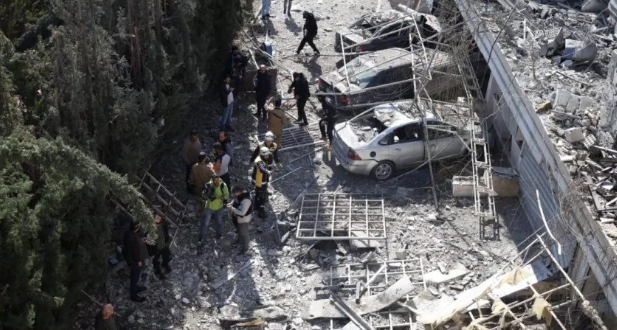
The Ministry called on the UN Security Council, human rights organizations, and major powers to:
- Condemn violations of Syrian sovereignty.
- Enforce international agreements.
- Support diplomatic negotiations.
It warned that failure to act could lead to wider conflict, endangering not only Syria but the entire region.
The UAE’s condemnation of Israel’s attacks Syria underscores its commitment to international law, regional stability, and humanitarian principles. By calling for immediate action and aligning with Arab and global partners, the UAE reaffirms its role as a prominent advocate for peaceful solutions in the Middle East.
As tensions persist, the situation remains a key test for international diplomacy. The UAE’s message is clear: respect for sovereignty and law is non-negotiable in the pursuit of lasting peace.
Also Read: UAE Foreign Policy Firmly Rejects Foreign Interference Amidst Israeli Strikes Syria


